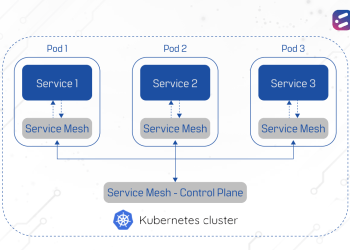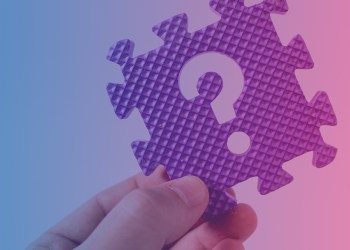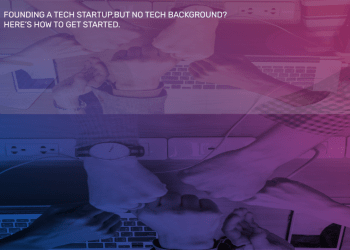The Brandon Hall Group 2018 Learning Strategy Survey reported that the learning technology deployed across a wide cross-section of companies was over 5 years old in over 23% of companies, and over 3 years old in over 40% of companies.
5 years is a very long time in technology, so platforms deployed before this timeframe very likely miss out on a lot of new developments. If you’re thinking about modernizing your LMS, see if your existing platform faces these issues.
1. Legacy on-prem deployment
The very core of e-learning is remote accessibility – and all too often, on-prem hosting simply isn’t optimized for this. High latency and poor performance are among the most common complaints among users of LMS platforms that are hosted using on-prem infra.
Moving your LMS hosting to the cloud, on the other hand, harnesses the power of infrastructure that is purpose built for high performance and low latency for remote access.
2. Lack of support for modern learning content
Learning content has come a long way in recent years, and legacy LMS platforms typically don’t cater to the new forms of interactive content in use, such as interactive infographics, video simulations, chatbots, as well as mobile-first content formats.
When new features need to be developed on a legacy LMS, its shortcomings quickly come into focus. A modernized platform built using today’s best practices including containers and microservices would make feature additions far simpler and faster.
3. Limited reporting and manual data collection
Most older LMS systems do not place much emphasis on statistics and reporting. As a result, a lot of data collection needs to be done manually. This is unproductive, time consuming, and often results in errors as well.
Again, data management and analytics are key benefits of modern, cloud-based applications. Visibility into usage and other parameters is vital in an LMS, and so harnessing these inherent strengths of cloud technology is a no-brainer.
4. Clunky, inconvenient user interfaces
User interfaces on legacy learning systems simply do not offer the level of intuitiveness that today’s learners and users expect, and deliver a poor user experience. Additionally, if access and navigation are not optimal, the system results in low efficiency and productivity among users, not to mention sub-par learning. A modern, intuitive UI can play a major role in improving UX on your learning platform.
At CloudNow, we specialize in application modernization projects, including LMS modernization. Our years of experience with modern app development practices and cloud-based technologies make us your ideal partner for your LMS modernization journey. Schedule a consultation with us today!













